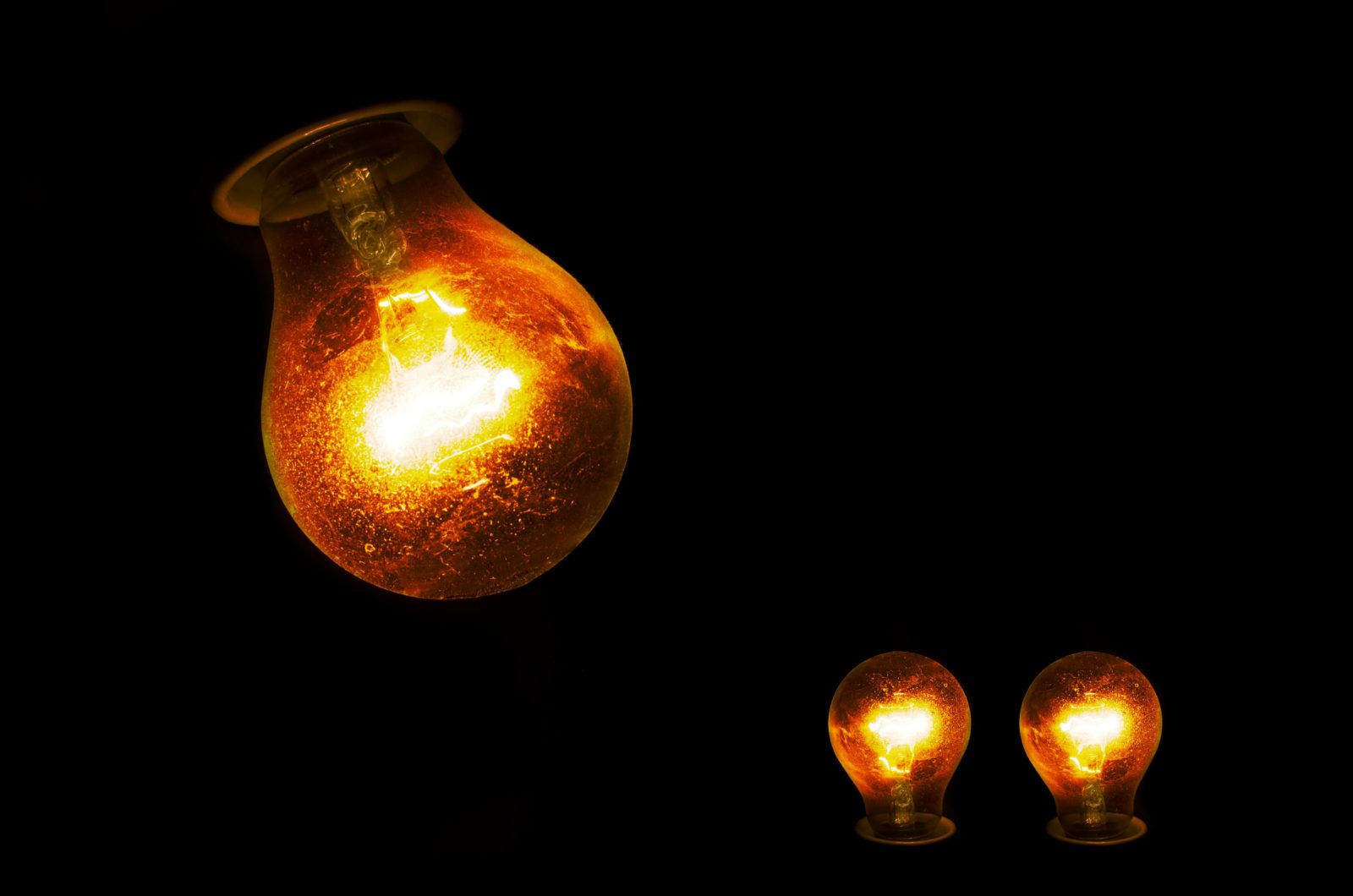The Czech Republic’s gas consumption continues to fall. In the first quarter of this year, consumers used 2.42 billion cubic meters of gas, 4.3 per cent less than during the same period last year. The main factor driving this decrease is the warmer weather, as consumption would slightly increase when adjusted for temperature effects. Notably, both gas imports and exports are also declining. The Energy Regulatory Office (ERÚ) announced this data.
In a year-on-year comparison, gas consumption has fallen for the eleventh quarter. “The further reduction in natural gas consumption was mainly due to high outdoor temperatures, which were 3.6 degrees above the long-term temperature normal in the first quarter. After adjusting for temperature effects, gas consumption in the first quarter actually increased, year-on-year, by half a per cent,” said ERÚ Council Chairman Stanislav Trávníček.
Outdoor temperatures also significantly impacted natural gas consumption monthly. While consumption in the colder month of January was 17.9 per cent higher than last year, it fell by 17.8 and 14.9 per cent, respectively, in the warmer months of February and March.
With the decline in consumption, gas supplies to the domestic gas system have also decreased. They fell by 20.7 per cent in the first three quarters to 1.36 billion cubic meters. The export of gas abroad, which amounted to only 21 million cubic meters, fell by a whopping 95.3 per cent year-on-year. According to the office, this illustrates the drop in the volume of international gas transport across Czech territory.
At the end of the first quarter, more than two billion cubic meters of gas were in domestic gas storage facilities. At the end of winter, the storage tanks were filled to 57.5 per cent, according to the office. Gas consumption in the Czech Republic fell due to warm weather and consumer savings throughout last year. Last year’s total consumption was the lowest since 1992, with Czechs consuming 6.76 billion cubic meters of gas, 10.4 per cent less year-on-year.





